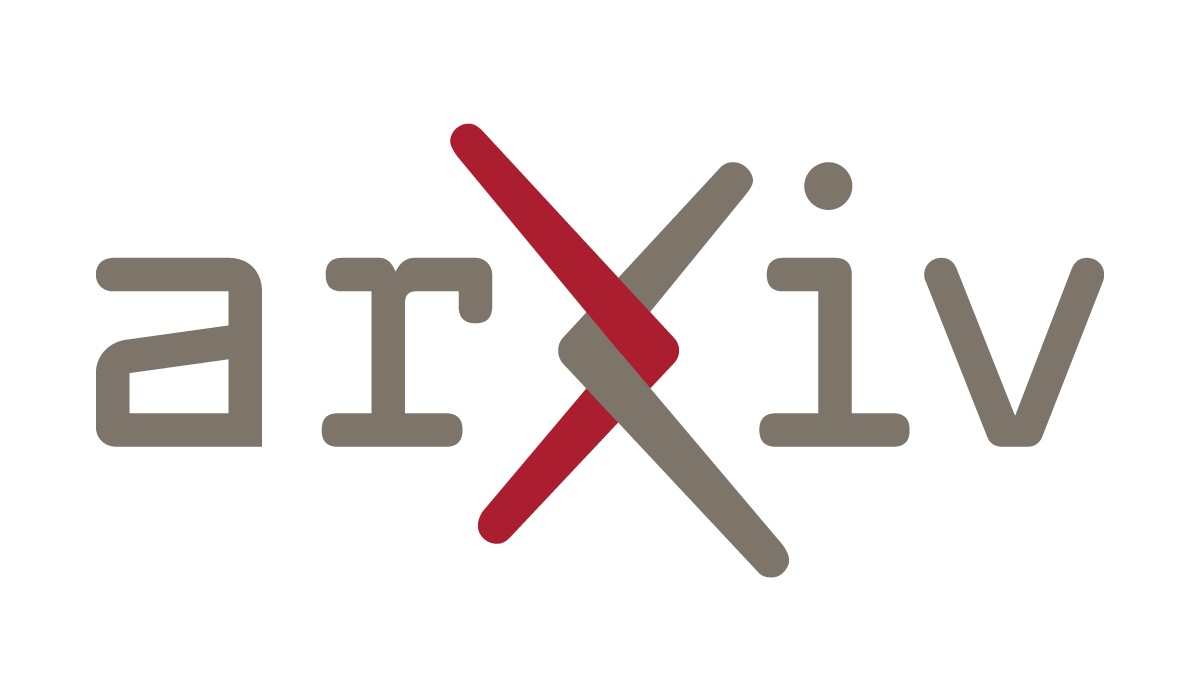1
Data-driven scientific discovery requires iterative cycles of literature search, hypothesis generation, and data analysis. Substantial progress has been made towards AI agents that can automate scientific research, but all such agents remain limited in the number of actions they can take before losing coherence, thus limiting the depth of their findings. Here we present Kosmos, an AI scientist that automates data-driven discovery. Given an open-ended objective and a dataset, Kosmos runs for up to 12 hours performing cycles of parallel data analysis, literature search, and hypothesis generation before synthesizing discoveries into scientific reports. Unlike prior systems, Kosmos uses a structured world model to share information between a data analysis agent and a literature search agent. The world model enables Kosmos to coherently pursue the specified objective over 200 agent rollouts, collectively executing an average of 42,000 lines of code and reading 1,500 papers per run. Kosmos cites all statements in its reports with code or primary literature, ensuring its reasoning is traceable. Independent scientists found 79.4% of statements in Kosmos reports to be accurate, and collaborators reported that a single 20-cycle Kosmos run performed the equivalent of 6 months of their own research time on average. Furthermore, collaborators reported that the number of valuable scientific findings generated scales linearly with Kosmos cycles (tested up to 20 cycles). We highlight seven discoveries made by Kosmos that span metabolomics, materials science, neuroscience, and statistical genetics. Three discoveries independently reproduce findings from preprinted or unpublished manuscripts that were not accessed by Kosmos at runtime, while four make novel contributions to the scientific literature.
You must log in or register to comment.

